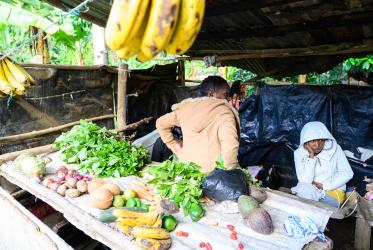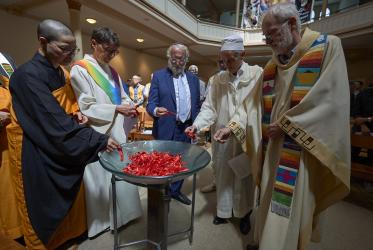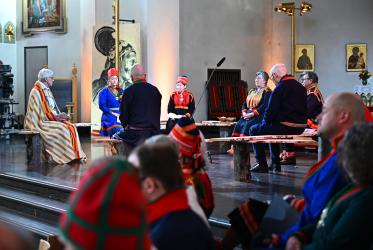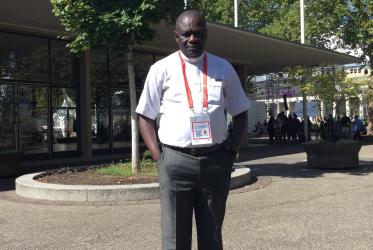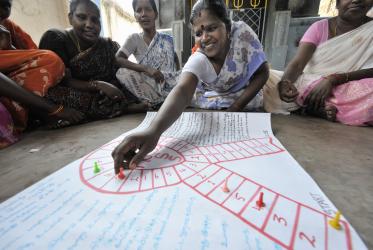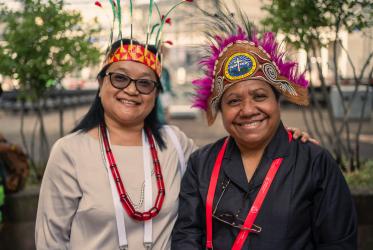Displaying 101 - 120 of 904
On World AIDS today, tackling inequalities is a matter of justice
02 December 2022
WCC invites all to World AIDS Day prayer service
28 November 2022
WCC to hold webinar on HIV and AIDS response in four countries
16 November 2022
Migrants in Argentina find listening ears and open hearts
04 November 2022
Church of Sweden apologizes to Sámi people, this time in Sápmi
27 October 2022
Assembly workshop looked toward ending AIDS epidemic by 2030
19 September 2022
Ukraine: Responding to humanitarian need
08 September 2022
Promoting human dignity through art
06 September 2022
Indigenous women struggle for identity in Asia and beyond
05 September 2022
Women with disabilities want to belong in churches
31 August 2022
